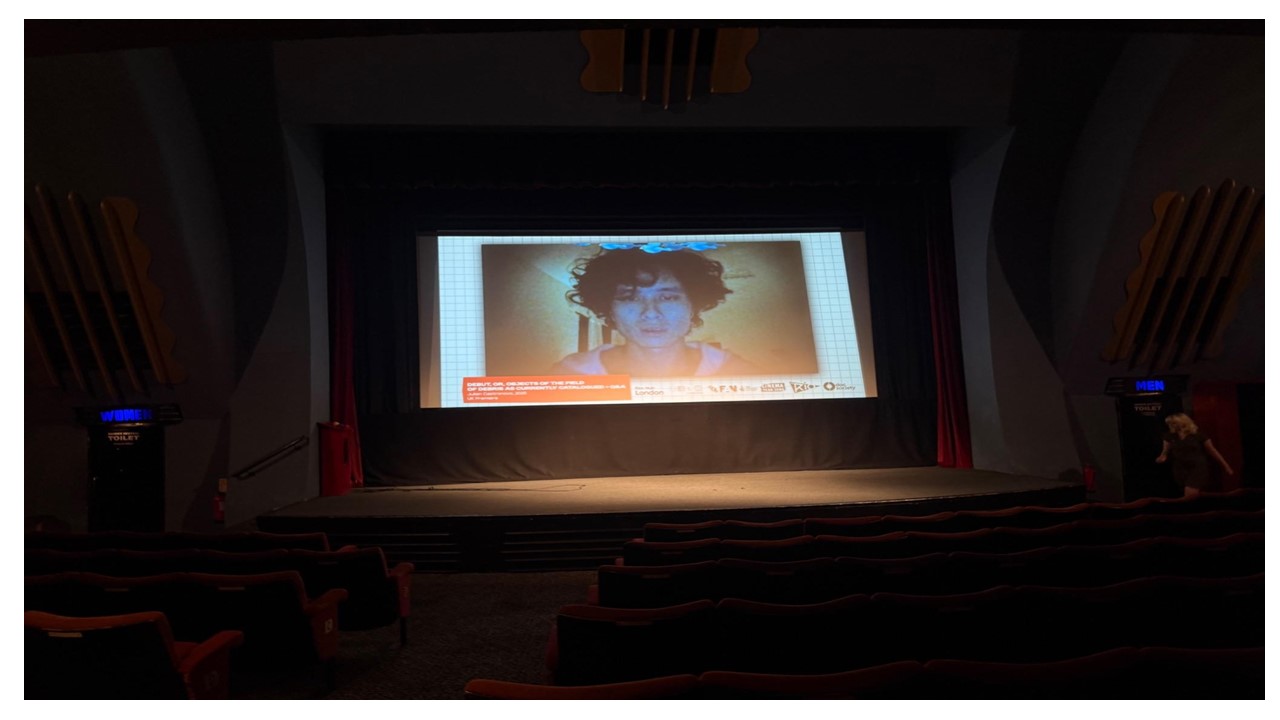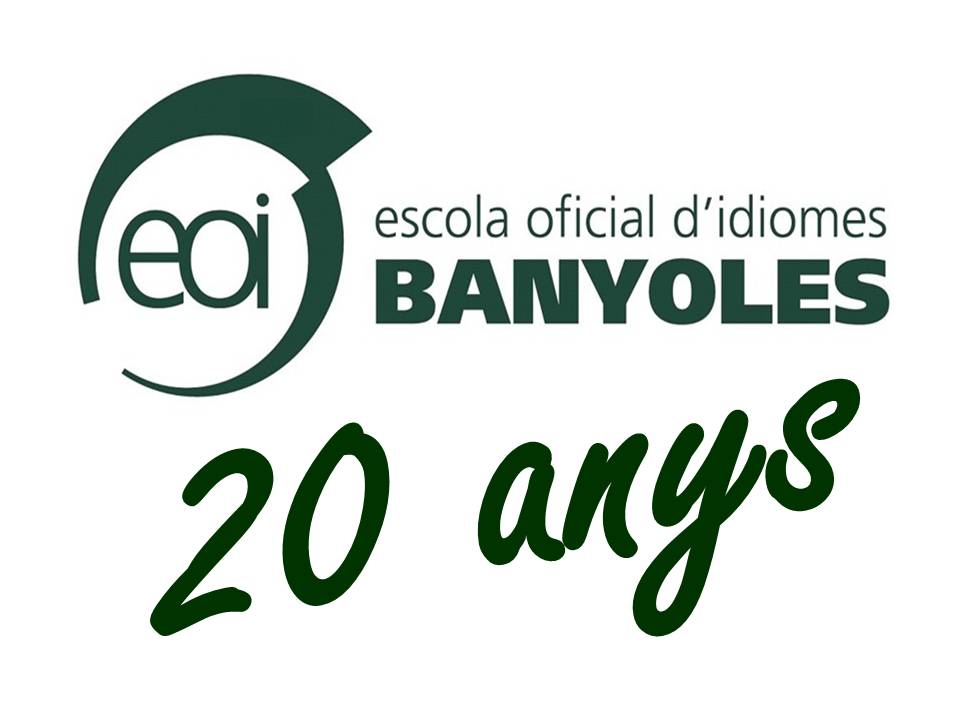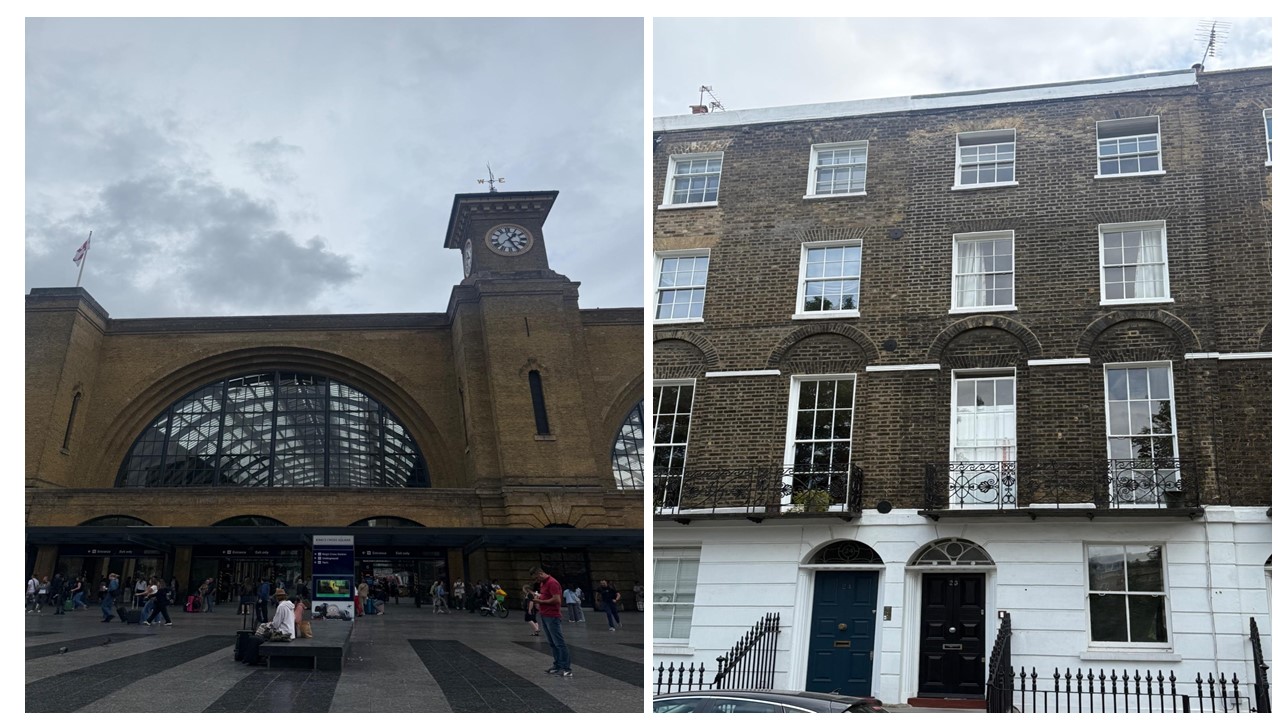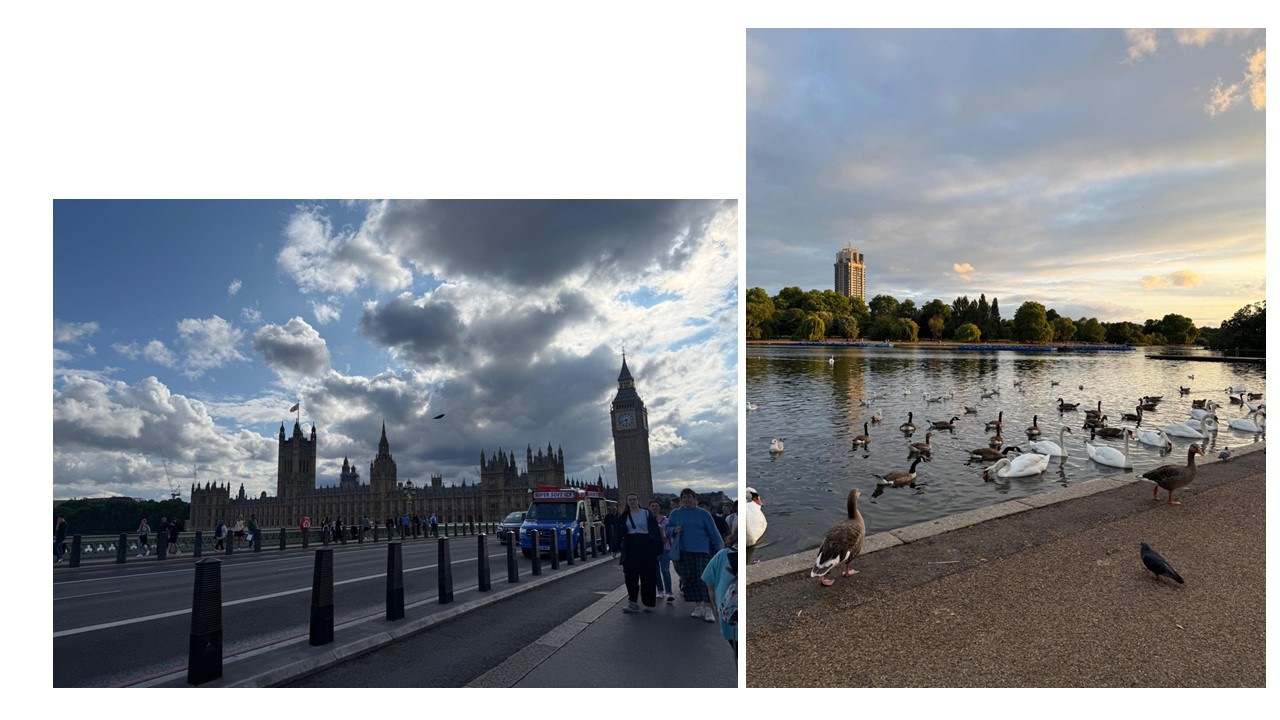Independent Cinema in London, July 5–9, 2025
This summer I spent five days in London exploring how alternative film culture is produced, exhibited, and preserved in a city with a rich cinematic tradition. I set out to go beyond the mainstream — to discover the people, places and practices that keep independent cinema alive in hidden corners of the city. What I found was a vibrant, fragile, and deeply human network that reminded me of why I chose this topic in the first place.
Right after arriving, I attended the UK premiere of Debut, or, Objects of the Field of Debris as Currently Catalogued, directed by Julian Castronovo, at the Creative Nonfiction Film Weekend.
Made with just $1,000 in his bedroom, the film blends true crime, creepypasta and found footage aesthetics. Castronovo described it as chaotic and deeply personal — a mix of digital noir and ironic self-reflection. When I asked about the narrative process, he said the only real thing in the film was his doubt about finishing it. That honesty stayed with me.
The next day, I joined A Twisted Tour of Hidden Film & TV History in North London. We visited former cinemas now turned into shops or churches, and I was struck by how easily film history disappears when it’s not preserved. The guide, a passionate cinephile, talked about how sharing forgotten film stories can bring meaning back to places that have lost their connection to cinema — an idea that added a powerful layer to my research.
I also attempted to visit The Cinema Museum, a place I had really been looking forward to. Unfortunately, it was closed — it only opens on specific days, as it’s run entirely by volunteers. A kind volunteer explained over the phone that the museum survives solely thanks to the unpaid efforts of people who love cinema and want to preserve its memory.
Even without entering, that short exchange left a strong impression on me. It was moving — but also a bit disappointing. I had always imagined London as a city deeply committed to film culture, yet in that moment, I realised that even here, spaces dedicated to cinema can be fragile, underfunded, and almost invisible. It made me reflect on how much independent cinema depends not on institutions, but on passion, care, and collective memory.
On my last day, I wandered through different markets, including Portobello Road, and took the opportunity to speak with some of the stallholders — especially those selling vintage posters, music, or books. I asked about films that had been shot in the area and how the neighbourhood had changed since the release of Notting Hill. Although that film belongs more to mainstream romantic comedy than independent cinema, it clearly left a cultural mark on the identity of the district.
As part of my exploration of cinema in London — not only independent — I also visited King’s Cross Station, a location used in many film productions, not just the Harry Potter series. What caught my attention was a section of the pavement listing, in chronological order, all the films that have been shot there — a subtle but meaningful way of recognising the site’s long-standing connection to cinema. I also visited Number 12 Grimmauld Place, the fictional home of Sirius Black, which appears in the series. These locations reminded me how cinema — whether mainstream or independent — shapes our experience of the city, embedding fiction into real urban spaces.
Looking back, I truly enjoyed this journey. It allowed me to engage with independent cinema from different angles and encounter perspectives I wouldn’t have found in books. However, I must admit I was surprised to discover that London is not as devoted to independent film as I had imagined. Yes, there are festivals and small venues, but from what I saw, Barcelona seems to offer more visible support and space for indie cinema than London does.
While researching further, I learned that most of the university degrees and training programmes related to film in the UK are based outside London, often one or two hours away by car — not in the city itself. That fact reshaped my perception: although London holds international prestige, much of the actual independent film activity seems scattered or marginalised.
Still, this experience helped me understand the real structure, limits and possibilities of independent cinema in a major cultural capital. It wasn’t what I expected — but maybe that’s what made it valuable.
King’s Cross Station Number 12 Grimmauld Place

Debut, or, Objects of the Field of Debris as Currently Catalogued, directed by Julian Castronovo





